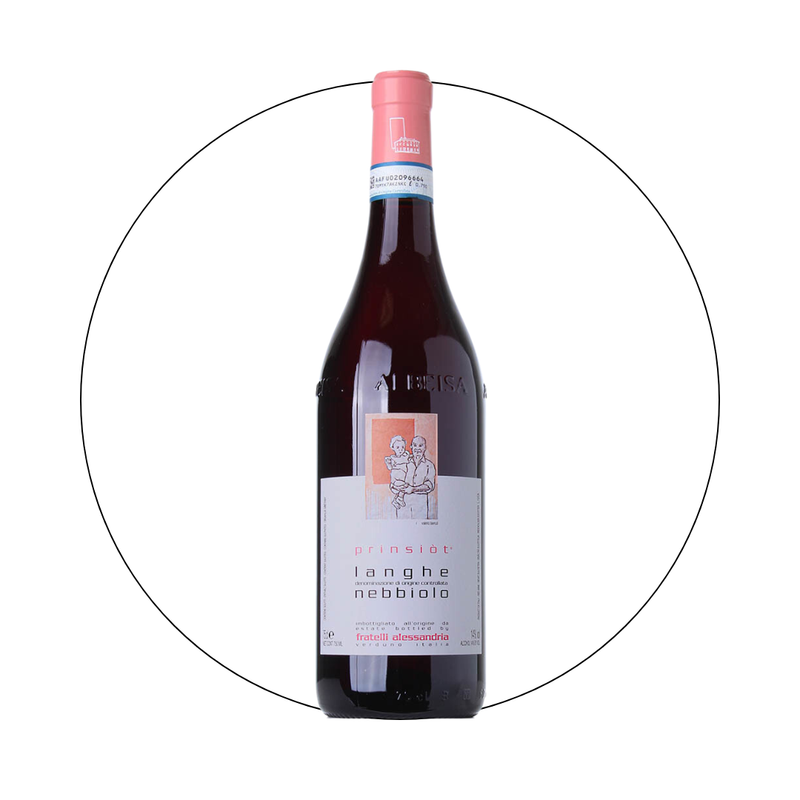Fratelli Alessandria Barolo

At the northern edge of the Barolo zone, the sun-bleached, sandstone homes in the village of Verduno glow in the soft morning light. A cool breeze from the river Tanaro rustles the leaves of oak trees that border south-facing vineyards, soaking up the suns early rays.
The Alessandria family since the mid-19th century has called this gentle landscape home. In 1870, when the family first established their farm, calling it Fratelli Alessandria, Verduno was the center of Barolo winemakingit was here where families first crafted dry Nebbiolo wines in the style we know today, and also bottled wines individually instead of shipping in cask. Because of this, the village was internationally recognized as the face of Barolo and sought out by collectors across the European continent.
Today Verduno is experiencing a renaissance, and it is the brothers Alessandria who are guiding the wines of Verduno back to the heights they once held. It is of course a family affairthe brothers Gian Battista and Alessandro, and Alessandros son, Vittore, are the stewards of this generations-old estate.
What Verduno gives is exactly what we crave in our Barolo wines: complexity without heaviness, structure with finesse. The Alessandria family provides a mirror to the landscape, Vittore says, respecting the history of their forefathers yet looking ahead to ensure that whats in each bottle reflects the true essence of Barolo from Verduno.
The familys 30 acres of vineyards are located in Verduno and Monforte dAlba, with a focus on Nebbiolo; other grape varieties include Dolcetto, Barbera and the rare Pelaverga, a grape native to Verduno and grown only in the region. White grape varieties include Favorita and Chardonnay.
Local soils are called marne di SantAgata, a mix of sand and clay with a high proportion of limestone, unique to Verduno. Vineyards are farmed according to organic practices, but the estate is not certified.
Grapes are harvested by hand, are destemmed and fermented on indigenous yeasts in temperature-controlled, stainless steel tanks. Wines are aged in the familys 19th-century underground cellar, which maintains a constant temperature of 52-62 degrees Fahrenheit and 80% humidity, in older Slavonian and French oak casks (20-40HL).

